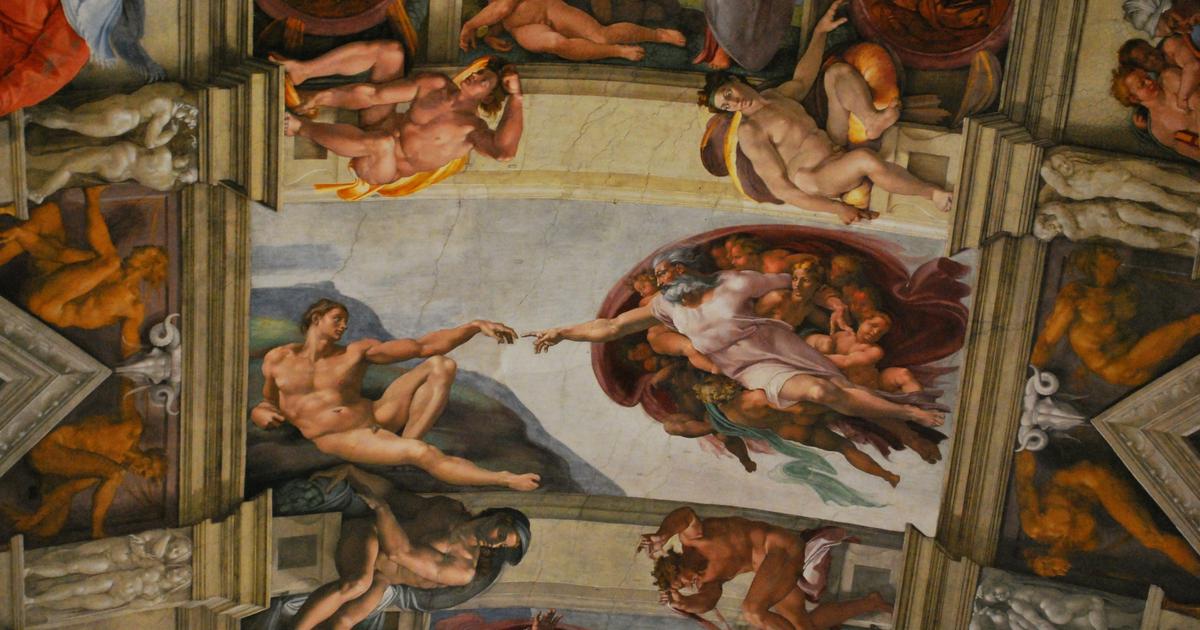Sociologist Eric Klinenberg (Chicago, 51 years old), author of, among other essays, the recent
Palacios del pueblo
(Capitán Swing), defends that squares and meeting places are so fundamental for well-being, civility, progress, peace and coexistence like roads or sewers.
Placing a place that until recently was considered “beautifying” on a par with urban infrastructures that decide the health of a city betrays another way of looking.
And to interpret.
More information
If the city looked like a forest...
From that personal perspective, Klinenberg, who is a professor at New York University, argues that the United States was never the land of opportunity.
“Never for everyone.
It is a myth that America tells itself.
A lot of data reveals that there is much less social mobility in the US than in many European countries," he told EL PAÍS by phone.
With that look, Klinenberg explains that one of the problems of urban public spaces, and let's not talk about interiors, is that "people don't know that they can enter, or it doesn't cross their minds or they are afraid to do so".
Aren't you talking about another time?
Now, in the West, there seems to be more vindication than fear.
"You see it in museums," he replies.
“Museums develop strategies to attract other populations and yet many people still do not visit them.
The problem is not the galleries of today, but their history of exclusivity.
They are full of gestures that indicate who is welcome and who is not.
They are not physical barriers, they are subtleties: the guards look at you in a certain way, the texts are written in a certain language, the cafeteria has high prices.
All this draws a model of the city.
And, with subtlety, indicate who that space is for.
And for whom not?
What would museums have to do to interest everyone?
The former director of the National Gallery in London maintained that museums were for those who wanted to learn or enjoy art, not for those who wanted to be distracted.
Of course, the problem is not wanting to learn.
You don't go to college to laugh.
And in Europe in the best ones they have to do a
numerus clausus
because many people believe that they learn there.
Museums fail to communicate with the rest of the world.
It is not a place of worship, it is a space to learn.
What should museums do to communicate better?: “Be clear, educational and make you feel good about learning.
Not bad for not knowing."
Klinenberg also believes that the City of 15 minutes, the neighborhood where there is everything, is nothing new.
She recalls that fifty years ago, Jane Jacobs championed small neighborhoods with small businesses.
She “she did not see the arrival of the big monopolies.
Today, what was her district, the Village, is full of small shops belonging to international chains.
They are small, but global.
So the problem wasn't just size.
Also, you know what?
They have been abandoned because between the recession and covid many died.
They closed."
What differentiates Klinenberg's thinking from Jacobs' ideas is that he believes that, in addition to supporting small businesses, the government has to act, get involved, build more public space.
“And public space is both libraries and parks.
I believe in sidewalks as much as in museums for an objective of coexistence.
I defend, like Jacobs, spontaneous civic life, but we do not agree that the role of the market can compete with that of the State”, he points out.
For Klinenberg, it is the State that must take responsibility for creating places of coexistence.
Still, he is optimistic.
He believes that there are radical issues, such as the expulsion of the car, that are transforming cities in favor of citizens.






/cloudfront-eu-central-1.images.arcpublishing.com/prisa/TYPIBE6MUVEXHOA3FENGECW6OE.jpeg)

/cloudfront-eu-central-1.images.arcpublishing.com/prisa/OQOPOGVRBZFGBI4Y35NYO4PIQA.jpg)
